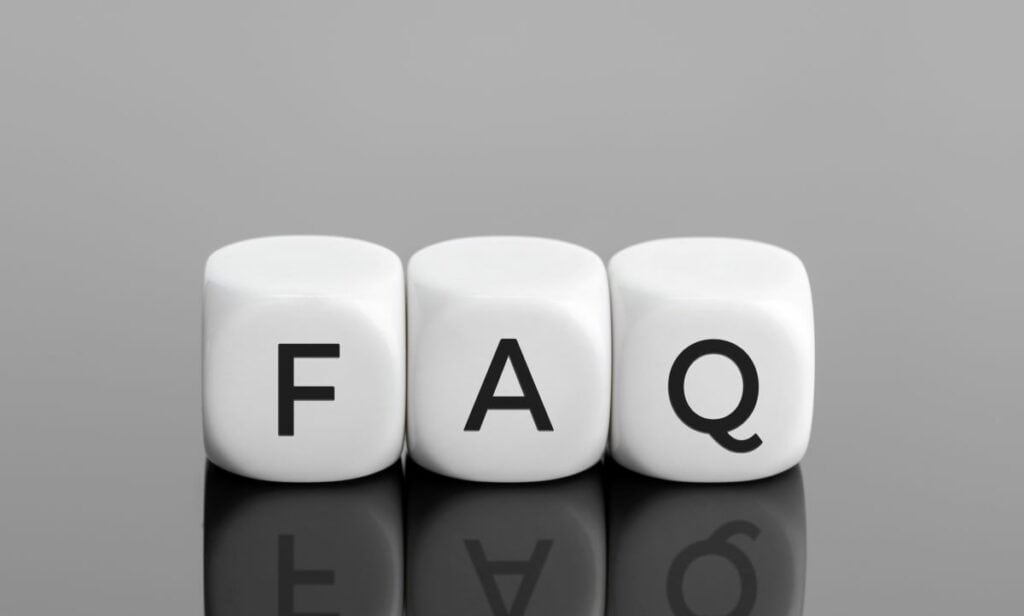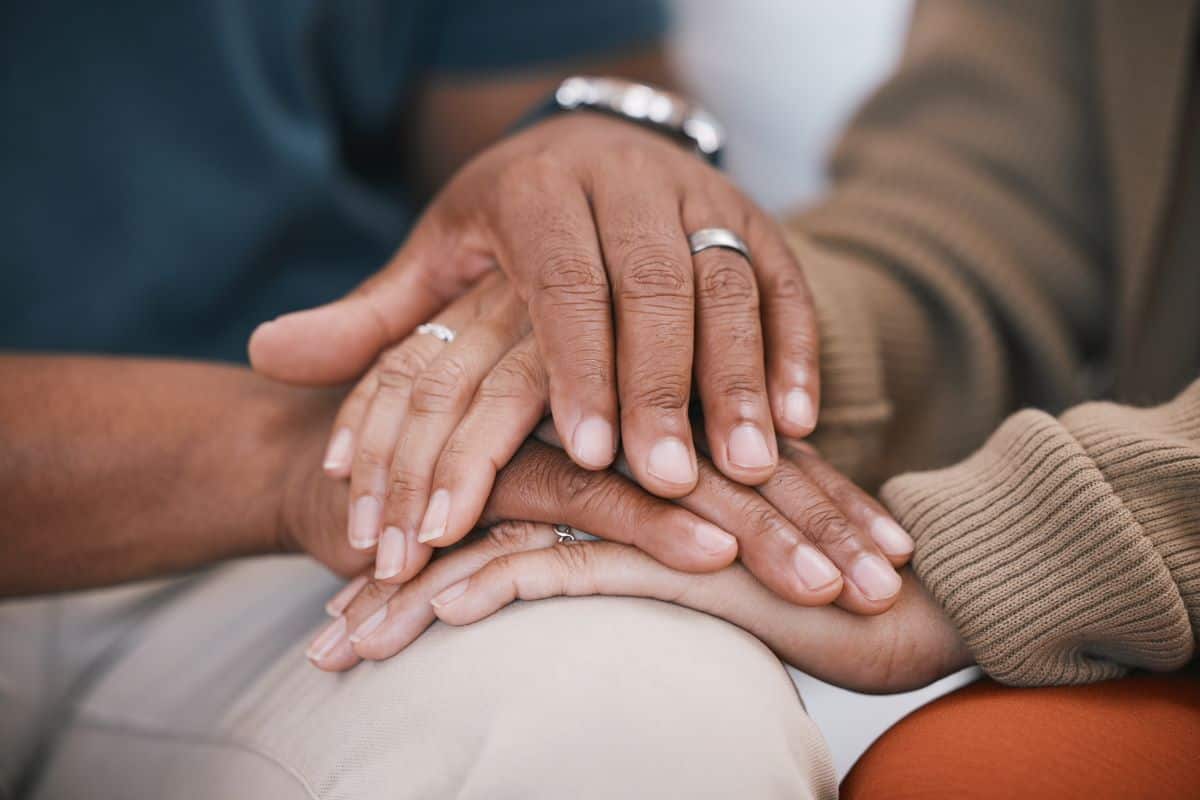According to data from the National Comorbidity Survey Replication (NCS-R), approximately 2.8% of American adults had bipolar disorder between 2001 and 2003.
Navigating a relationship with someone who has bipolar disorder can be challenging, but understanding the signs of love can make it easier.
A bipolar man who loves you will show consistent affection during both manic and depressive phases. Recognizing these patterns can help strengthen your bond.
Bipolar Disorder in the Context of Relationships

Bipolar disorder significantly affects romantic relationships, primarily due to unpredictable mood swings. Partners of individuals with bipolar disorder often face unique challenges in navigating the emotional highs and lows.
Depressive episodes can lead to withdrawal, low energy, and reduced interest in activities. The partner may feel neglected or unimportant during these times.
When in a manic phase, the individual might exhibit increased energy, impulsive behavior, and heightened emotions, making it difficult for their partner to keep up with the rapid changes.
Mood swings between mania and depression can create a roller-coaster effect, leaving the partner feeling unsure of what to expect next.
Partners may also struggle with understanding the disorder and providing appropriate support. It’s common for misunderstandings and conflicts to arise, impacting the relationship’s stability.
13 Signs To Recognize Love in a Bipolar Man
Understanding whether a bipolar man loves you involves observing his behavior across several areas.
Specific signs include emotional intensity, communication efforts, consistency in showing care, seeking stability, involvement in treatment, and more.
1. Emotional Intensity

A bipolar man often displays intense emotions. His love might be evident through passionate expressions of affection.
This intensity can oscillate due to mood changes, but during stable periods, his feelings tend to shine through clearly.
Emotional gestures might feel overwhelming at times, signifying deep emotional investment.
2. Communication Efforts
Efforts to communicate effectively can indicate his love. A bipolar man may strive to keep open lines of communication to ensure that you understand his feelings despite his emotional fluctuations.
These efforts often include explaining his moods and attempting to share his thoughts and emotions openly.
3. Consistency in Caring
Consistency can be challenging due to bipolar disorder, but genuine love often manifests in regular actions that show care and concern.
Paying attention to your needs, remembering important dates, and making small gestures of consideration are signs. Despite mood changes, these caring actions remain a significant indicator.
4. Seeking Stability
A man dealing with bipolar disorder might pursue stability to create a more balanced environment for the relationship. This could involve:
- Adhering to medication and therapy schedules
- Making lifestyle adjustments
- Avoiding stressors to remain emotionally balanced
Seeking stability highlights his commitment to a healthy relationship.
5. Involvement in Treatment
Active participation in his treatment plan, such as attending therapy, taking medication, and following through with the doctor’s recommendations, signifies his desire to manage his condition for the sake of the relationship.
This effort indicates a commitment to maintaining a sound state of mind for both his benefit and yours.
6. Apologies and Understanding

When mood swings cause distress, a bipolar man who loves you will likely acknowledge the impact of his actions.
Sincere apologies and attempts to make amends demonstrate awareness and understanding of the relationship dynamics. This recognition is crucial in gauging his commitment to fostering a healthy bond.
7. Acts of Kindness
Kind actions, regardless of his mood state, are telltale signs of his affection.
Small, thoughtful gestures such as preparing your favorite meal, offering to help with tasks, or simply being there when you need support, showcase his love. These acts are meaningful, especially during stable periods.
8. Seeking Your Company
A bipolar man who enjoys your presence and seeks your company may be expressing his love. Wanting to spend time with you during both highs and lows signifies a deep bond.
Whether it’s during an episode of depression or mania, his desire to have you around reflects his attachment and care.
9. Protectiveness
Feeling protective towards you is another sign of his love. This protection can manifest in small ways, such as:
- Being concerned for your well-being
- Intervening when you’re in uncomfortable situations
- Make efforts to ensure you’re safe
This protectiveness signifies his deep emotional investment in your well-being.
10. Patience with Relationship Struggles
Navigating the challenges that arise from his bipolar disorder with patience and effort shows his dedication.
He might work through misunderstandings, take time to understand your perspective, and put in the effort to resolve conflicts. His patience indicates a strong commitment to keeping the relationship healthy.
11. Affectionate Gestures

Regular displays of affection, like holding hands, hugging, or verbal affirmations of love, are important.
Even when his mood fluctuates, maintaining these affectionate behaviors is a significant indicator. These gestures, whether big or small, communicate his love and attachment to you.
12. Planning a Future Together
Discussing future plans, such as vacations, moving in together, or long-term goals, can be a strong sign that he sees you as a significant part of his life.
Such conversations reflect his commitment and a vision that includes you, indicating a deep and lasting affection.
13. Respect for Your Space
Understanding and respecting your need for personal space is crucial. A bipolar man who values you will recognize when you need time alone and will honor this boundary.
Respecting your space reflects his consideration and understanding of your needs within the relationship.
Building a Fulfilling Romantic Relationship

A fulfilling romantic relationship with a partner who has bipolar disorder involves facing unique challenges together and nurturing intimacy and trust over time.
Understanding and patience are key to maintaining a stable and loving relationship.
Adapting to Challenges Together
Adapting to the challenges posed by bipolar disorder involves developing effective coping strategies. A predictable routine can offer stability and reduce stress.
Communication is essential; partners should feel safe discussing their feelings and concerns openly. Active listening and empathy build understanding.
Recognizing triggers and symptoms allows both partners to respond appropriately. Professional support, such as therapy, can provide valuable tools for managing the disorder. Sticking to a treatment plan and encouraging self-care practices are important for maintaining mental health.
Nurturing Intimacy and Trust Over Time
Building intimacy and trust over time is vital for a fulfilling relationship. Consistent emotional support helps build a strong bond. Setting aside time for meaningful activities together fosters connection and understanding.
Trust develops through reliable and considerate actions. Prioritizing the relationship and being dependable during tough times strengthens the bond. Encouraging honest communication about needs and boundaries ensures both partners feel respected.
Respecting each other’s space while remaining emotionally available builds mutual respect. Celebrating small achievements and expressing appreciation for each other helps maintain a positive and loving atmosphere. Embracing the journey together can result in a resilient and fulfilling romantic relationship.
Identifying and Managing Potential Hazard Signs

Understanding the warning signs of impulsive or harmful behaviors in a loved one with bipolar disorder is crucial. It’s also important to know when to seek help from healthcare professionals.
Warning Signs of Impulsive or Harmful Behaviors
Individuals with bipolar disorder may exhibit signs that indicate a potential risk of impulsive or harmful behaviors. These signs can include:
- Sudden changes in mood
- Increased irritability
- Heightened anxiety
- Excessive spending
- Substance abuse
- Reckless driving
- Changes in sleep patterns or eating habits
- Verbal cues suggesting hopelessness or a lack of interest in previously enjoyed activities
Family members and friends should look for signs of social withdrawal. Detachment from loved ones or avoiding social interactions can indicate a deteriorating mental state. It’s vital to stay observant and take note of any significant behavioral shifts.
Consulting Healthcare Professionals When Necessary
If there’s concern about impulsive behavior or potential harm, consulting healthcare professionals is key.
A psychiatrist or psychologist can provide an accurate assessment of the individual’s current health condition. Scheduling regular appointments helps in monitoring mood fluctuations and adjusting treatment plans accordingly.
Immediate action is crucial if there are pronounced warning signs. Contacting a healthcare provider quickly can prevent dangerous situations. They can offer guidance, medication adjustments, or even inpatient care if necessary.
Individuals can utilize online directories such as Find-a-therapist.com to find and contact a therapist directly based on their preferences.
Additionally, they can use online platforms like BetterHelp for individual therapy or ReGain for couples therapy to be matched with a therapist after completing a short questionnaire.
Frequently Asked Questions

Can bipolar individuals experience genuine love, and how can it be recognized?
Yes, individuals with bipolar disorder can experience genuine love. Signs may include:
- Consistent emotional support
- Meaningful conversations
- Efforts to maintain relationship stability
Pay attention to gestures that demonstrate care and consideration during both manic and depressive episodes.
How to support a bipolar partner feeling unloved?
Communicate openly and offer reassurance frequently. Show patience and empathy when they express their insecurities.
Engaging in supportive activities together can also strengthen the emotional connection and help them feel valued.
What are the challenges of a ‘push-pull’ dynamic in a bipolar relationship?
A ‘push-pull’ dynamic involves alternating periods of closeness and distance. This can be challenging to manage emotionally.
Recognize the pattern and seek to create stability by maintaining open communication and setting boundaries to navigate these fluctuations.
Are there patterns of behavior common to bipolar individuals when they are falling in love?
Common behaviors may include intense emotional expressions and rapid changes in affection levels.
During manic phases, they may exhibit heightened enthusiasm and grand gestures, while depressive phases may lead to withdrawal and self-doubt.
Recognizing these patterns can help in understanding their fluctuating expressions of love.
References
Granek, L., Danan, D., Bersudsky, Y., & Osher, Y. (2016). Living with bipolar disorder: the impact on patients, spouses, and their marital relationship. Bipolar disorders, 18(2), 192-199. Link.
Grover, S., Nehra, R., & Thakur, A. (2017). Bipolar affective disorder and its impact on various aspects of marital relationship. Industrial psychiatry journal, 26(2), 114-120. Link.
National Institute of Mental Health (NIMH). Bipolar disorder. (n.d.). Link.





